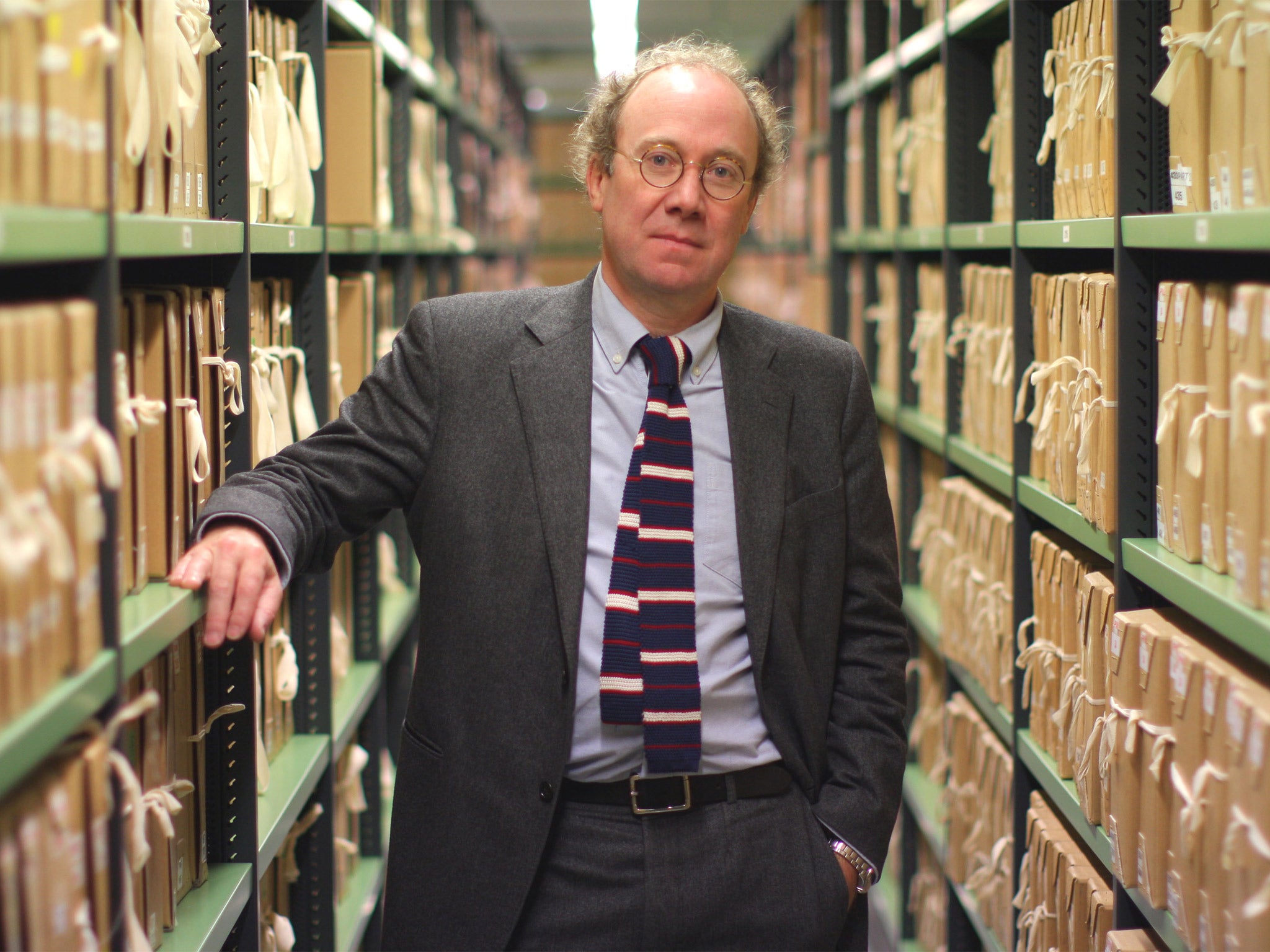A couple of years ago, a friend of a friend was going through the selection process to join one of the British intelligence agencies. Part of a vetting process that lasted a couple of months involved a man in a black suit interviewing their friends at their workplaces and asking questions about what they get up to and what they talk about after a night on the jars. Very thorough stuff.
Back in the Forties, when Kim Philby, one of the 20th-century's most notorious double agents was recruited, things were much simpler. Prep school? Westminster? Cambridge? Nice chap? You're in! Now where do you fancy being posted, old boy?
In Kim Philby: His Most Intimate Betrayal (BBC2) we learned that this was the rigour that allowed Philby to infiltrate the highest ranks of UK intelligence.
Of course, this country is now an absolute meritocracy so we probably won't have our era's Kim Philby. Alas, Kim Philby's generation did have its generation's Kim Philby in, er, Kim Philby, who in the words of journalist and historian Ben Macintyre was “the most famous double agent in history”. And Macintyre is in a good place to judge, having spent the last couple of years researching and writing his recent bestselling book of how Philby betrayed his best friend and colleague Nicholas Elliott in A Spy Among Friends.
It is that story that forms the spine of this two-part tie-in. The tale of the Cambridge spy ring is well told by now – perhaps best of all in Peter Moffat's 2003 mini-series Cambridge Spies with Toby Stephens as Philby and Tom Hollander as a wonderfully grotesque Guy Burgess – so it is a relief that Donald Maclean, Blunt and co are mere supporting characters here.
Macintyre concentrates on the deceits of Philby, the most effective of the Cantab spies, and his relationship with Elliott, another intelligence officer whose vetting procedure appeared to consist of being able to explain the rules of the Eton wall game.
We were told this story in an odd smorgasbord of formats. There were reconstructions of Philby and Elliott's conversations played by actors. Then there were other sort-of reconstructions in which Macintyre himself performed the roles of various characters. In one, Macintyre, appeared as a mole-hunting colonel, sitting opposite another Macintyre, playing Nicholas Elliott, before a third Macintyre popped up to explain what was going on. A bit like Multiplicity if Michael Keaton had Jon Ronson's specs and Malcolm Gladwell's hair.
Thankfully, Macintyre's narrative was precise enough that even seeing three versions of him dissembling a vividly complicated spot of counterintelligence skulduggery wasn't enough to throw you from what was going on. His taut, succinct dialogue did the work of several paragraphs. Like worker ants lugging a slice of Warburtons back to their queen.
Describing Philby's vicious betrayal of a group of anti-communist agents he sent into Eastern European countries where they – and many of their family members – met with grisly fates, Macintyre simply stated: “Philby found the work fascinating, and so did Moscow.”

Watch Apple TV+ free for 7 day
New subscribers only. £8.99/mo. after free trial. Plan auto-renews until cancelled.
ADVERTISEMENT. If you sign up to this service we will earn commission. This revenue helps to fund journalism across The Independent.

Watch Apple TV+ free for 7 day
New subscribers only. £8.99/mo. after free trial. Plan auto-renews until cancelled.
ADVERTISEMENT. If you sign up to this service we will earn commission. This revenue helps to fund journalism across The Independent.
As such, even those who have done exhaustive research (ie watched Cambridge Spies on YouTube three years ago) learned a great deal about the legacy of Philby's crimes in the first of two parts. It is not just the le Carré-inspiring hum of spy drama intrigue, but actual, innocent, people lost their lives because of his lies.
Philby may have been a gentleman spy, but Macintyre's work paints him – thoroughly – as a very English traitor.

Join our commenting forum
Join thought-provoking conversations, follow other Independent readers and see their replies
Comments